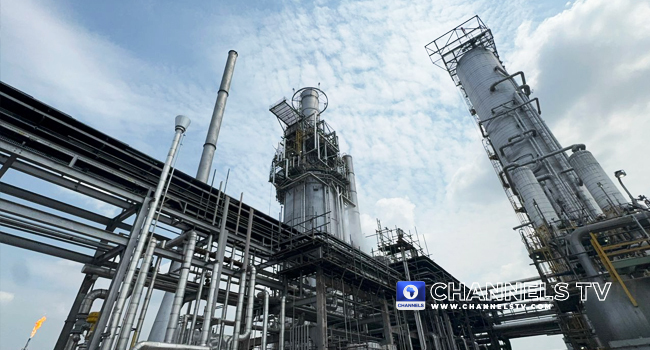Repairs at Nigeria’s Port Harcourt Refinery Stall Amid Funding Delays and Leadership Concerns
Renewed frustrations have emerged over stalled repair works at Nigeria’s Old Port Harcourt Refinery, with oil marketers and industry unions warning of rising unemployment and unchecked fuel price hikes. The refinery, shut down for a 30-day maintenance period on May 24, 2025, remains non-operational months later, sparking allegations of mismanagement and fears of market monopolization by private competitors.
Sunny Nkpe, Zonal Chairman of the Petroleum Products Retail Outlets Owners Association of Nigeria (PETROAN) System 2E, issued a statement Monday after inspecting the facility, criticizing the Nigerian National Petroleum Company Limited (NNPCL) leadership for insufficient commitment. He highlighted that contractors tasked with revamping critical units of the refinery, such as the cracking and blending plants, have gone unpaid for over a year, halting progress. “The lack of interest from the NNPCL’s leadership risks handing private refineries a monopoly, enabling them to exploit consumers with inflated prices,” Nkpe asserted.
The refinery’s inactivity has reportedly left thousands unemployed, including petroleum tanker drivers and staff of retail associations. Nkpe emphasized its strategic role in supplying fuel to major Nigerian cities like Aba and Enugu, noting that prior operational periods saw stabilized prices and revitalized local economies. “When the refinery worked, petty traders thrived, jobs returned, and competition kept prices fair. Its revival is urgent,” he said.
Nkpe also questioned NNPCL Group CEO Engr Bashir Ojulari’s engagement, citing his absence from the site since assuming office four months ago. Despite initial optimism about Ojulari’s technical expertise from Shell Oil Plc, Nkpe expressed shock at his “inability to show capacity” in resolving the crisis. The delays, he alleged, may stem from “vested interests” attempting to undermine President Bola Tinubu’s reform agenda.
Calls now mount for Tinubu to intervene, with plans underway to mobilize stakeholders—including labor unions and industry groups—to pressure authorities. While Nkpe refrained from detailing potential actions, such as distribution network disruptions or supporting calls for Ojulari’s removal, he stressed solidarity with Tinubu’s vision. “We won’t tolerate anyone sabotaging efforts to restart this facility,” he stated.
The refinery’s prolonged shutdown underscores broader challenges in Nigeria’s energy sector, where aging infrastructure and financing gaps hinder production. With public refineries underperforming, reliance on imported or privately produced fuels has grown, exacerbating economic strain. Stakeholders warn that further delays could deepen unemployment and inflation, underscoring the need for swift governmental action.
